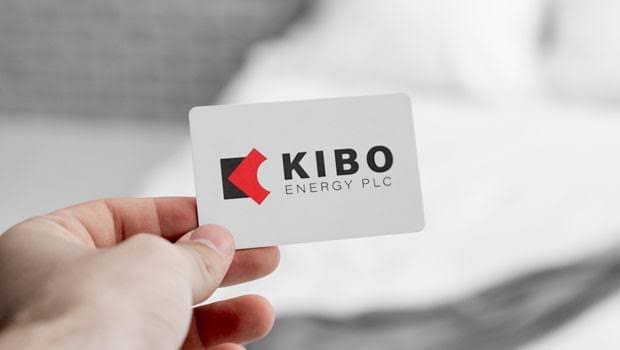When you buy a house on credit, you are required to purchase homeowners insurance. However, the insurance product has its own benefits and has aided many South Africans in times of need.
Home insurance may be more expensive than you think, and there are ways to pay a lower premium than you are currently paying. You can save money on your home insurance premiums in 2023 if you act now.
Here are 8 ways to reduce your monthly home insurance premiums this year.
1. Shop for better premiums
The most basic thing you can do to save money on your home insurance is to shop around for better rates. Other home insurance companies may be willing to give you the same amount of coverage for a lower monthly premium.
Even if all of the home insurance products available provide the same rate or nearly the same rate, there may be a small saving to be had. The outcomes will be even better for those who have not made a claim.
Insurance policyholders can get a quote for their home insurance from a competitor’s website. This process can be repeated until a better premium is discovered. Alternatively, one can use an online aggregator site like Hippo to compare quotes from different insurers.
2. Skip small claims on your insurance
Small claims on home insurance can result in continuing to pay higher premiums. Skipping minor claims on a home insurance policy can be beneficial in the long run.
South African insurers offer policyholders premium discounts if they remain claim-free for a specified period of time. In the long run, a discount can result in significant savings on insurance premiums, and cashback can be given for claim-free years.
Insurance claims have been known to raise insurance premiums by up to 20% in a single year. Skipping a minor claim is clearly worthwhile when cash back and/or premium discounts are available in the near future. Discounts and cash-back bonuses, on the other hand, are determined by the insurer.
3. Doing away with high-risk assets
A home insurance policy covers a variety of incidents and can also cover the homeowner’s personal liability if anything happens to visitors or home dwellers. Personal liability coverage on home insurance is also included in the monthly premium.
Hazardous fittings, fixtures, and other property assets can raise the cost of home insurance. Selling or getting rid of these items can help you save money on your home insurance. The lower the risk on the premises, the lower the insurance premiums.
4. Secure your home
External threats to your home can raise the cost of your home insurance. Due to security issues, you may be paying more in insurance premiums than the average person, depending on your geographic location.
Having a home security service can help you save a lot of money on your home insurance. To protect your home, install a fence, an alarm, deadbolt locks, security, and other features. Having security can earn homeowners up to a 5% discount on their home insurance premiums.
5. Build your credit score
A good credit score is proving to be an asset that must be treated with caution. A credit score is commonly used in lending, but it is also used in insurance. When underwriting, insurance companies use credit scores to allocate premiums.
When it comes to home insurance, having a good credit score can be a huge benefit. A credit score of 700/1000 or higher can help you get lower premiums on your home insurance.
Those with poor credit should work to improve their credit in order to benefit from the lower premiums that insurers can provide. Read more about building your credit score and trying to maintain a good one to keep getting good home insurance rates.
6. Bundle your insurance products
Bundling your insurance products through one insurance company allows you to save money in a variety of ways. There are discounts available for insuring with a single insurer. A client who has multiple insurance products with one insurer may be eligible for rewards, bonuses, and discounts.
You can expect to get a better deal on your home insurance if you use this strategy. The value of the premiums can be reduced by 3% to 15%. Discounts on premiums vary by insurer, and some may not offer savings on bundling; therefore, when shopping for such options, you must exercise caution.
7. Report renovations and improvements to the property
Your insurer is probably giving homeowners discounts for making improvements to their property. As a policyholder, you must account for improvements to the property and buildings, which may result in insurance premium discounts.
Improvements and renovations indicate that the property has been upgraded, and such upgrades can reduce damages or theft. For these and other reasons, insurers offer discounts to homeowners who improve their property.
8. Ask about relatively unknown discounts
There may be additional savings available to you, such as discounts, that you are not aware of. In this case, inquire with your insurer about the discounts available to you. Certain items can be discounted by insurers.
Discounts are available for using digital platforms to file a claim or communicate with the insurer. Furthermore, a person’s profession and/or qualifications can provide them with premium discounts on their own.
Conclusion
Due to the country’s high crime rate, home insurance is one of the most important insurance products in South Africa. As much as the product has become a necessity, maintaining it can be difficult. Doing one or more of the 8 ways listed in this article to lower your insurance premiums can help you get better home insurance rates. Before implementing any of these strategies, consult with your insurer and insurance advisor.





































